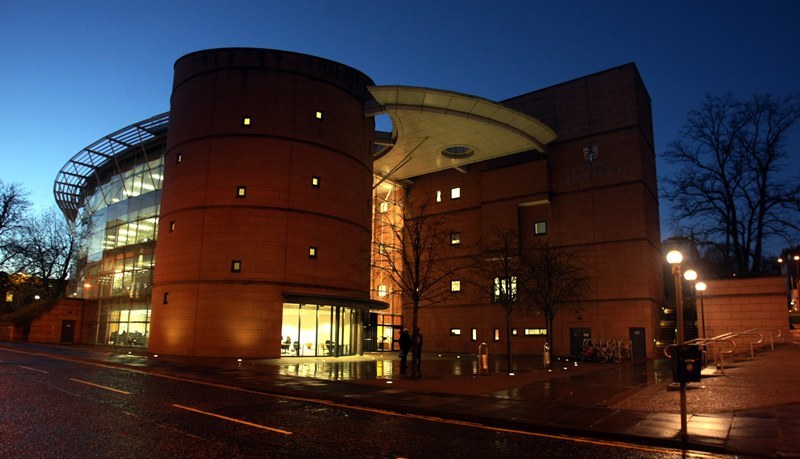Abertay University principal and vice-chancellor Professor Bernard King has attacked “outdated and elitist” attitudes to university education, saying they threaten Britain’s economic recovery.
Scotland’s longest-serving university principal said the growth industries which will get Britain through its financial difficulties need “lots of graduates with lots of high-level skills.”
He criticised politicians and policymakers, saying they are obsessed by the idea of “getting the brightest students into the best universities.”
Professor King said, “To me, these attitudes sound very like a hangover from the days of empire, when a key role of what were then very few universities was to produce the modest number of highly-trained administrators required to run the colonies.
“When thinking about universities in the 21st century, such attitudes are woefully outdated, backward-looking and elitist.”
Professor King cited a recent CBI survey in which more than half of employers said they feared being unable to recruit enough graduates in the future.
He said, “The survey revealed a serious looming deficit in graduate numbers entering high technology, IT, manufacturing, science, engineering and management.
“We must recognise that recovery will not be possible unless we address this deficit.”
Professor King referred to the submission to the Browne Review into student fees by the Russell Group of research-intensive English universities.
It said “to support research and innovation, countries need a sizeable, but not vast, number of top-class, superbly trained researchers and developers, not a very large number of imperfectly trained ones.”ProsperityProfessor King said, “A handful of highly-trained researchers will not suffice to lead the mass of new and growing … enterprises that characterise the high-growth, high-potential industry sectors such as the creative industries on which our future economic growth and prosperity will depend.”
“Britain’s economic recovery will require a new type of workforce, one which will be able to exploit intelligently the emerging technologies and develop new ones.
“As such, this new workforce will require investment in higher-level skills at first degree and postgraduate levels as advocated by the UK Commission on Employment and Skills.
“Some years ago, Sir John Kingman of Bristol University described university education as the process of getting very bright people to do very difficult things.
“How irrelevant that is to the situation today. The knowledge economy and the CBI demand something quite different lots of graduates with high-level skills.”
He added, “Universities now must be about opening up opportunity to everyone in society who can benefit. They should be about enabling ordinary people to do very difficult things that’s what the knowledge economy is about.”
Abertay University has admitted four new honorary fellows.
Former chairman of court Professor Gordon Hewitt and former deputy principal Ivor Lloyd, with Forfar sheriff Kevin Veal and Adam Smith College vice-principal Shirley Scott were all honoured for their contributions to the university’s development.
The fellowships were conferred by university chancellor Lord Cullen of Whitekirk in a ceremony attended by Lord Provost John Letford and in front of family and friends.
Vice-principal and deputy vice-chancellor Professor Nicholas Terry said, “This is one of the special ceremonial events of our academic year, because the honorary fellowship recognises those who have contributed through their friendship and support to the growth and development of our university, and who are thus a part of our developing tradition and heritage.”
